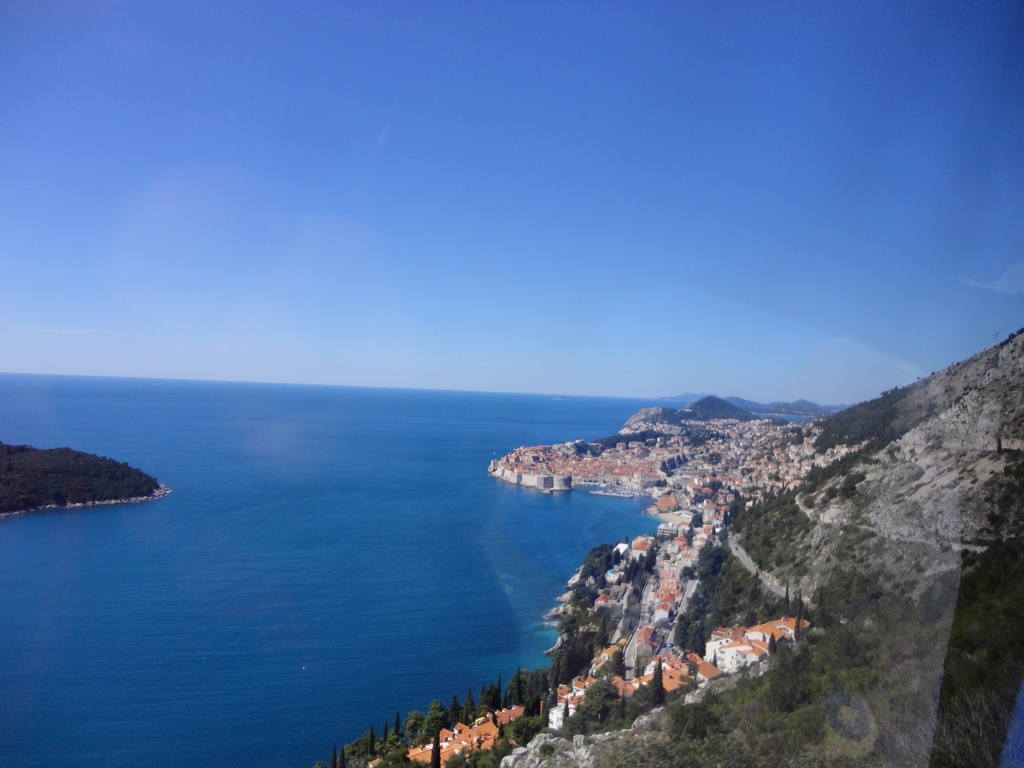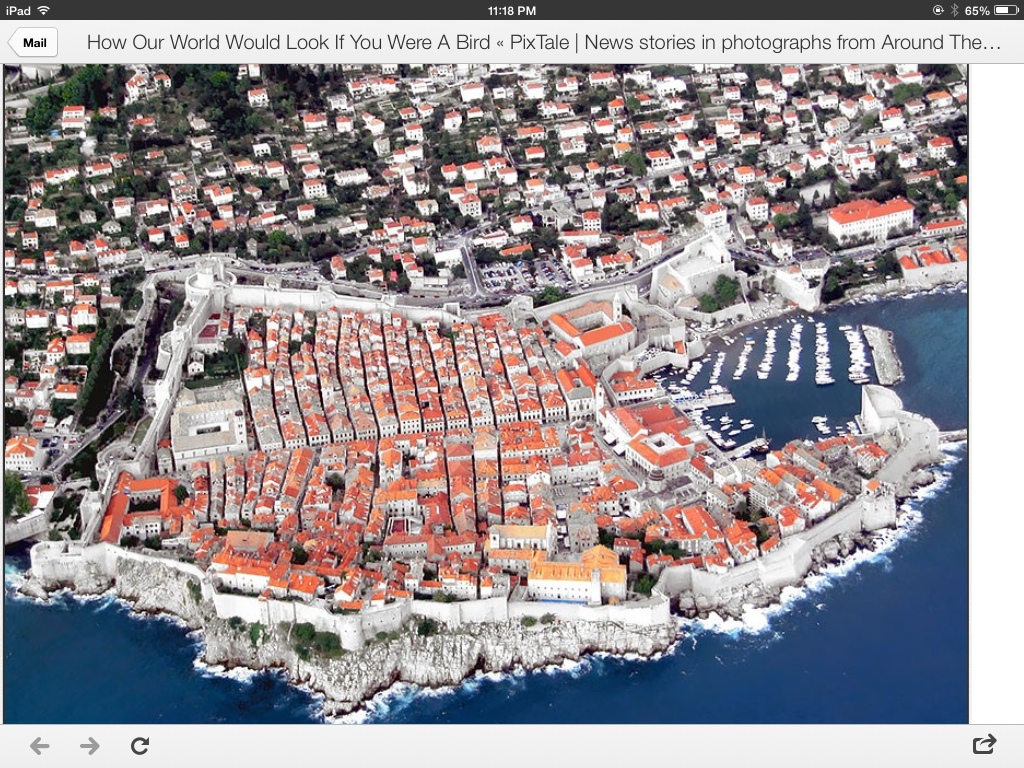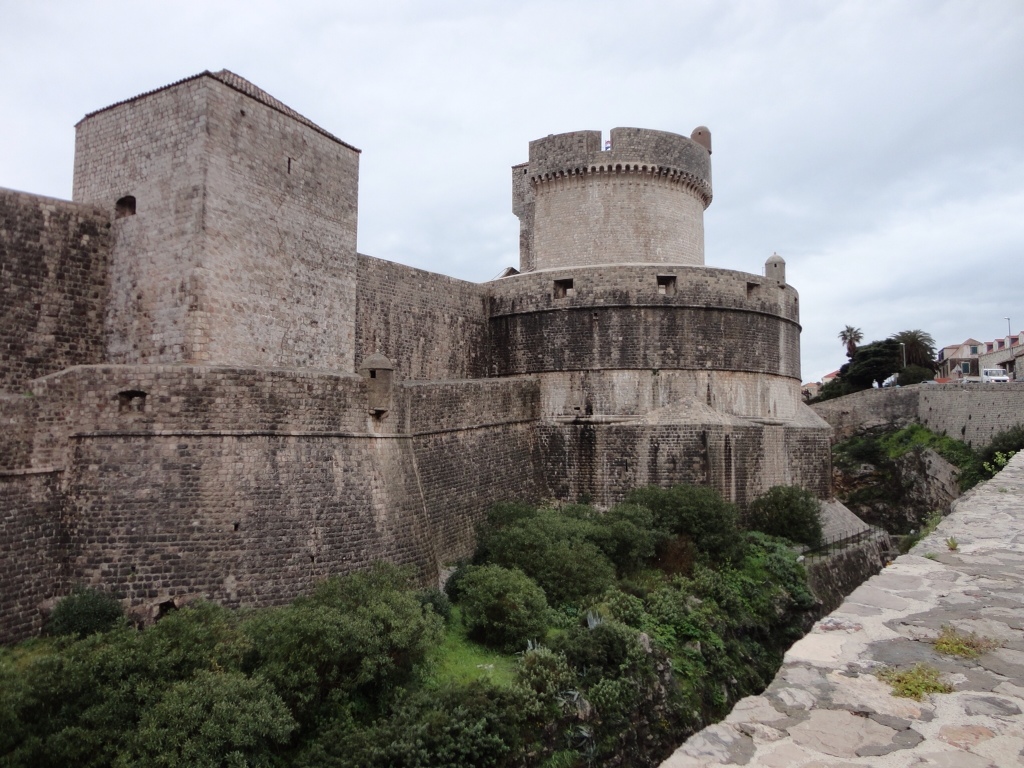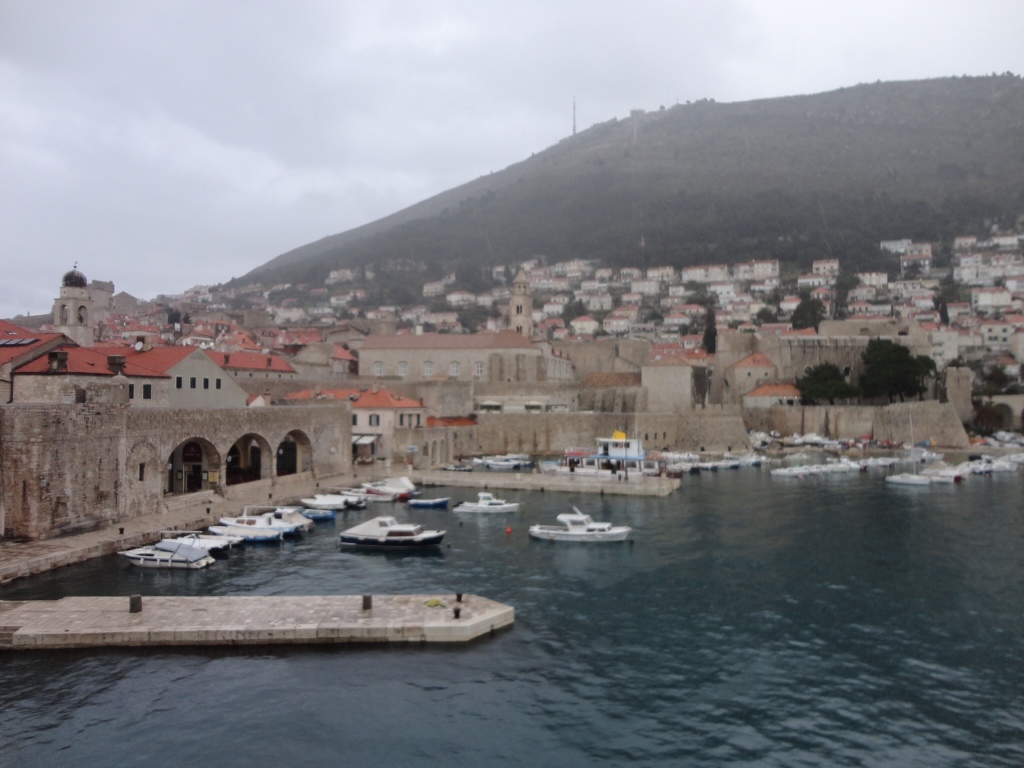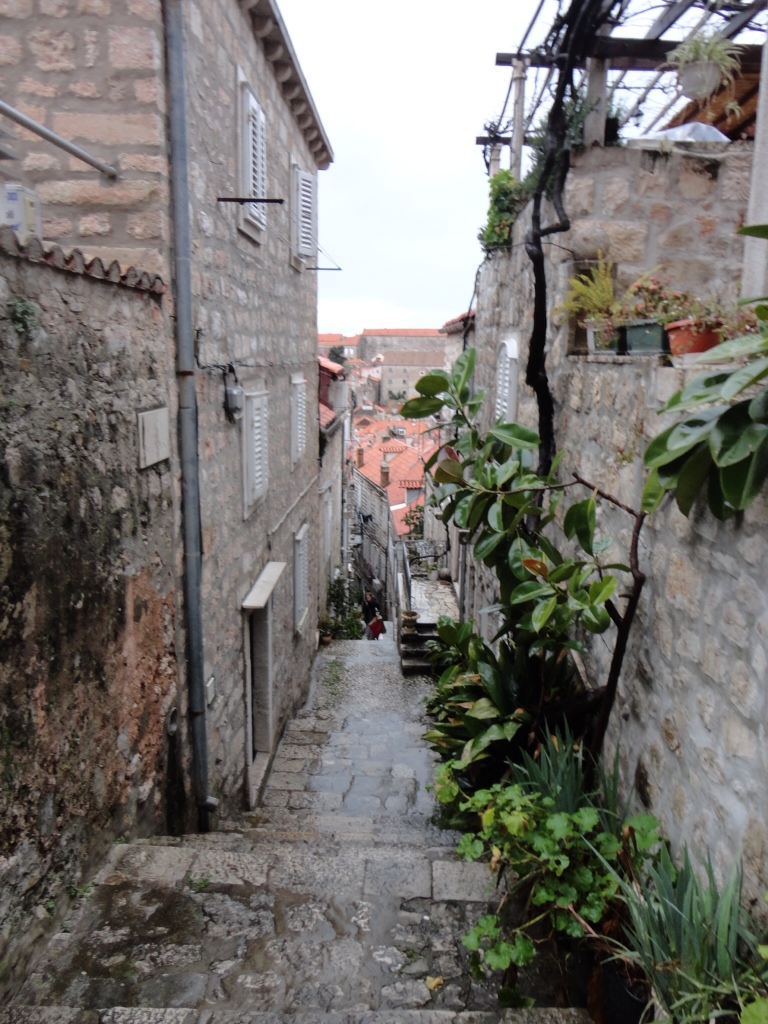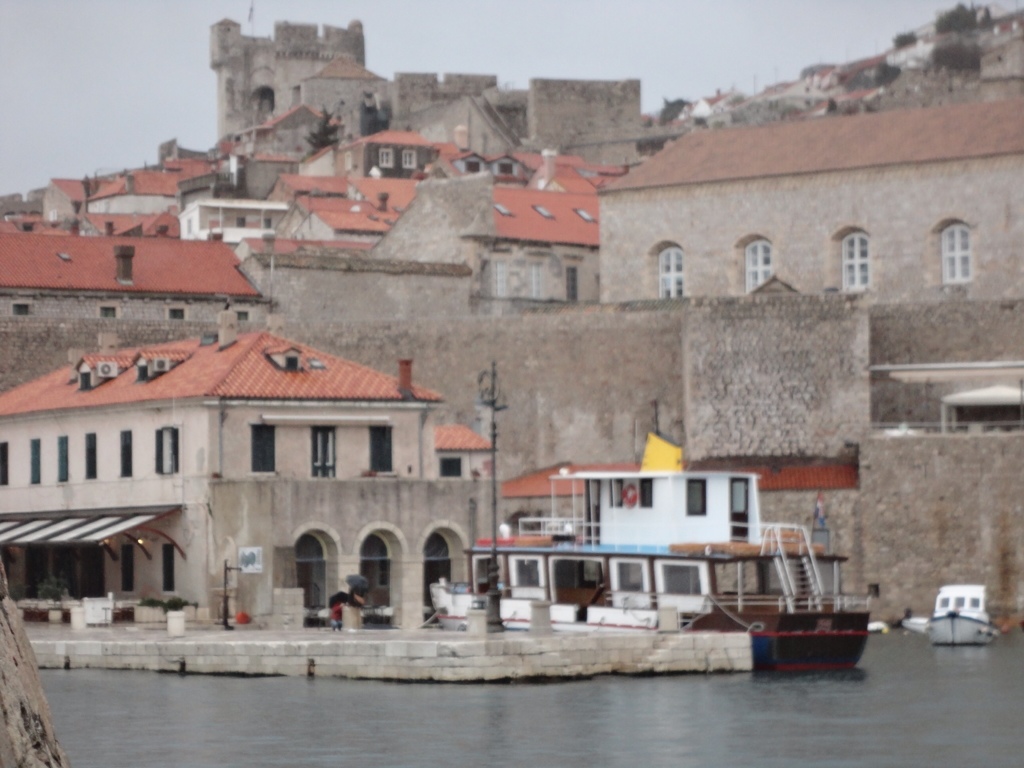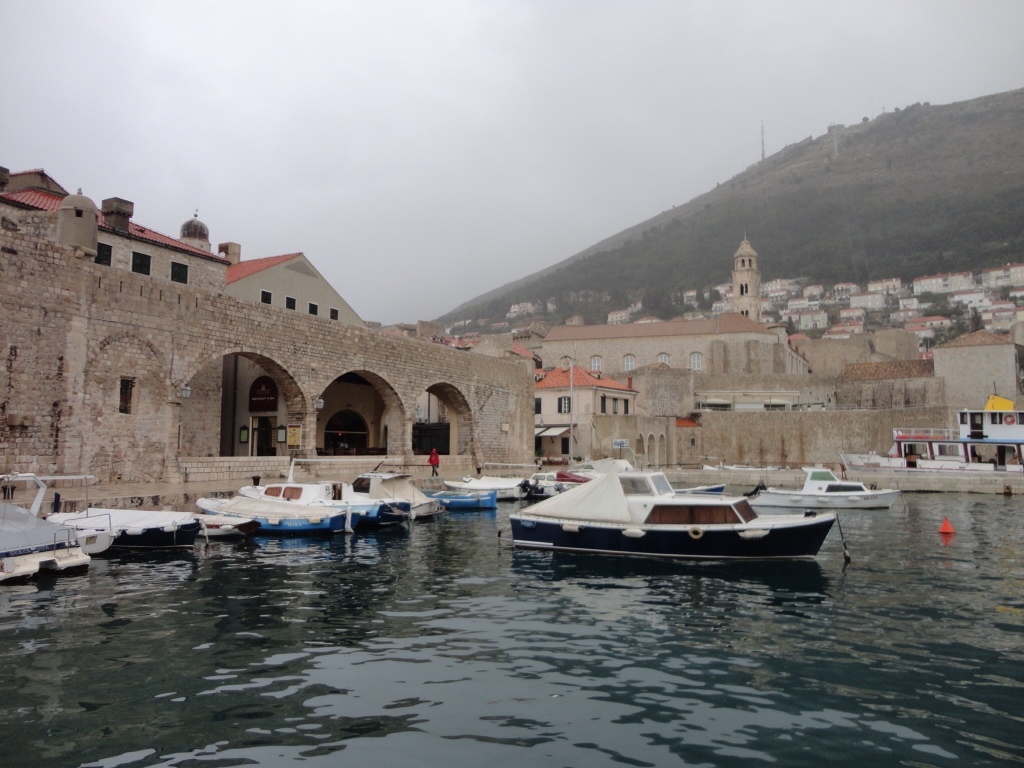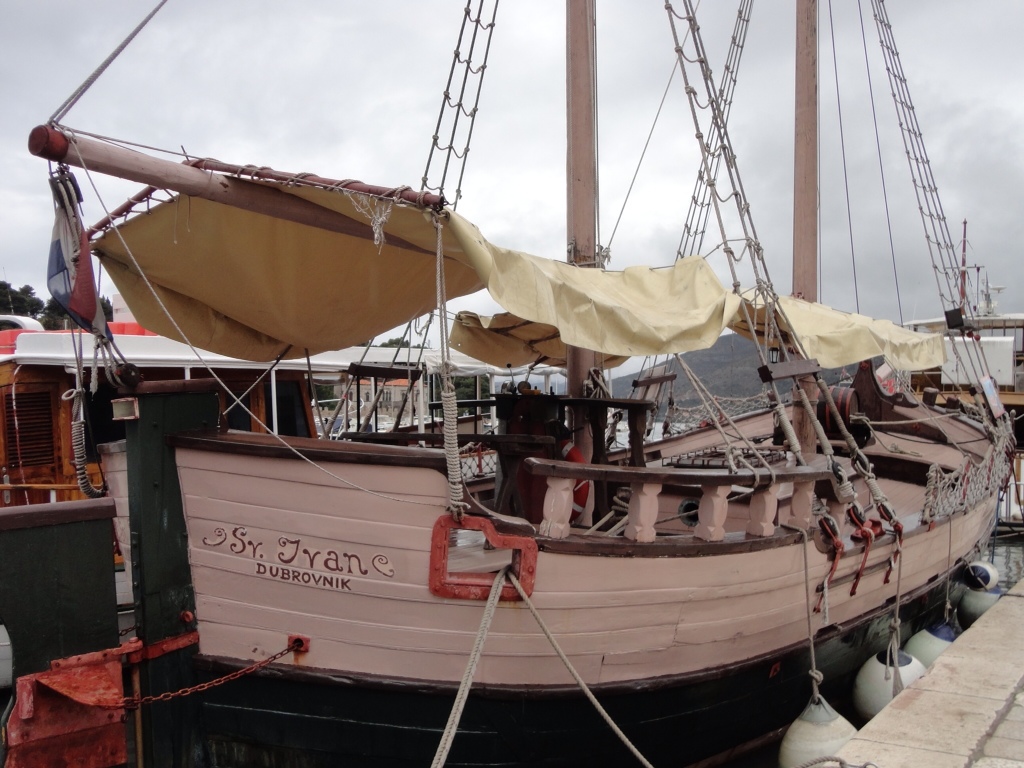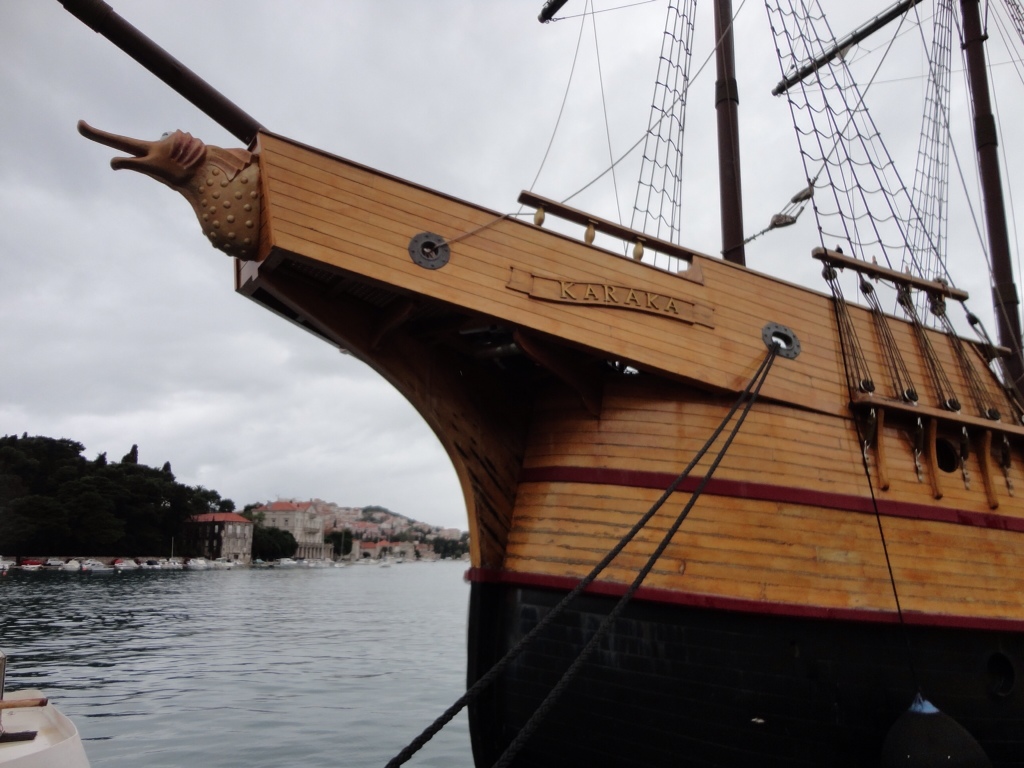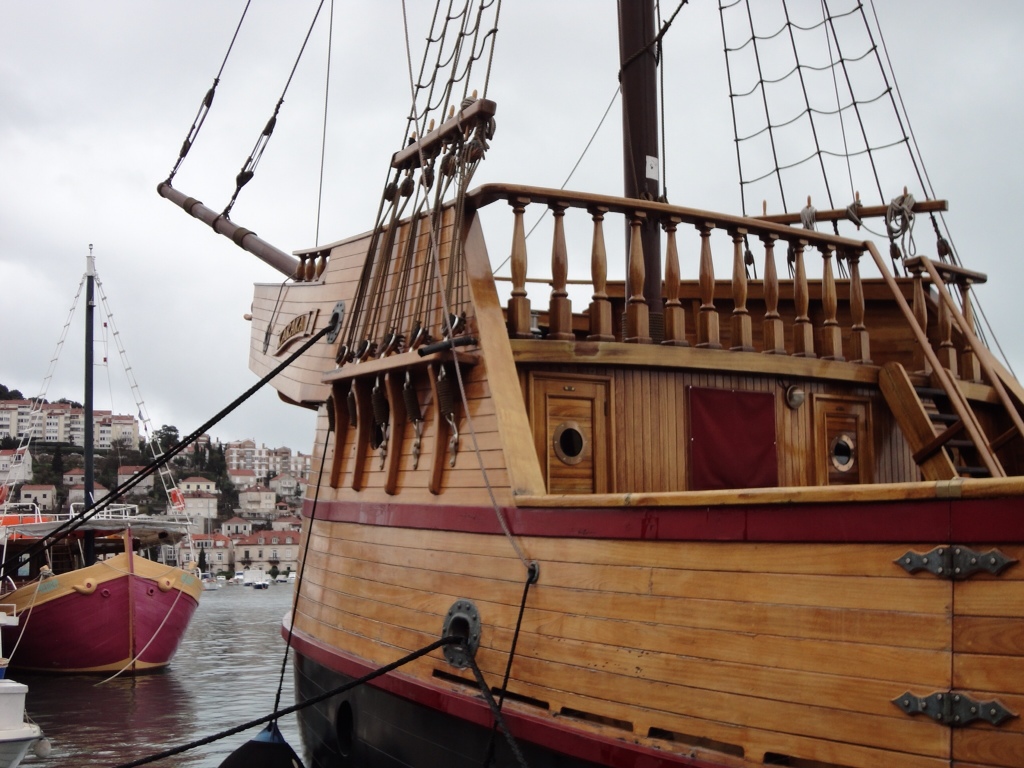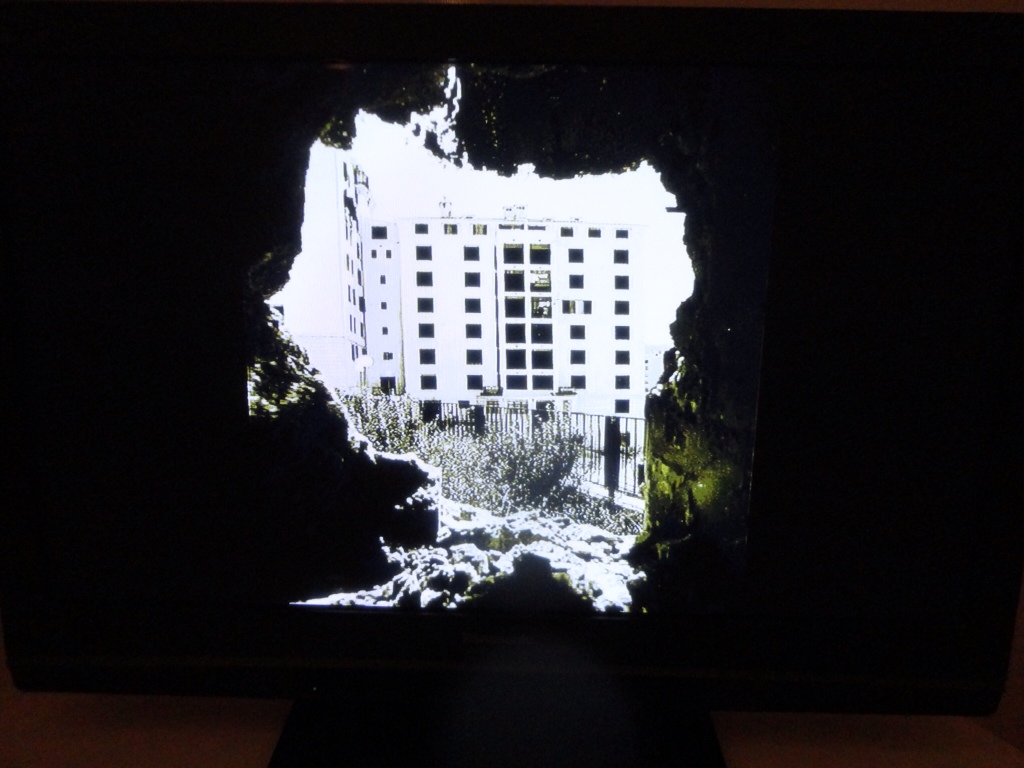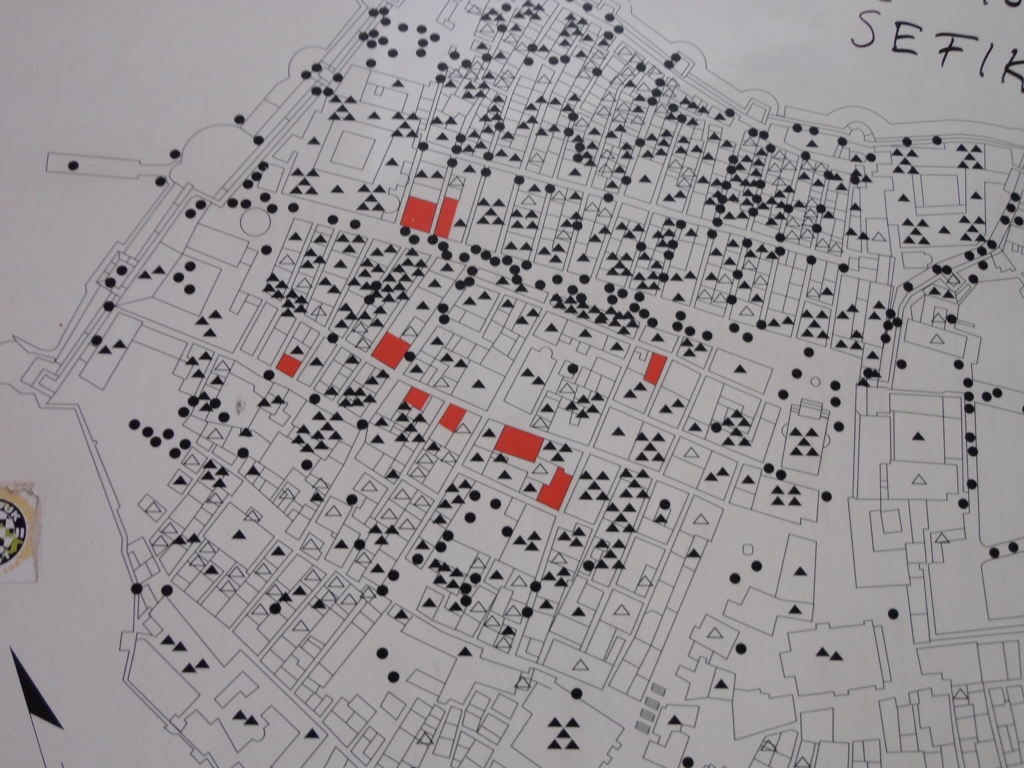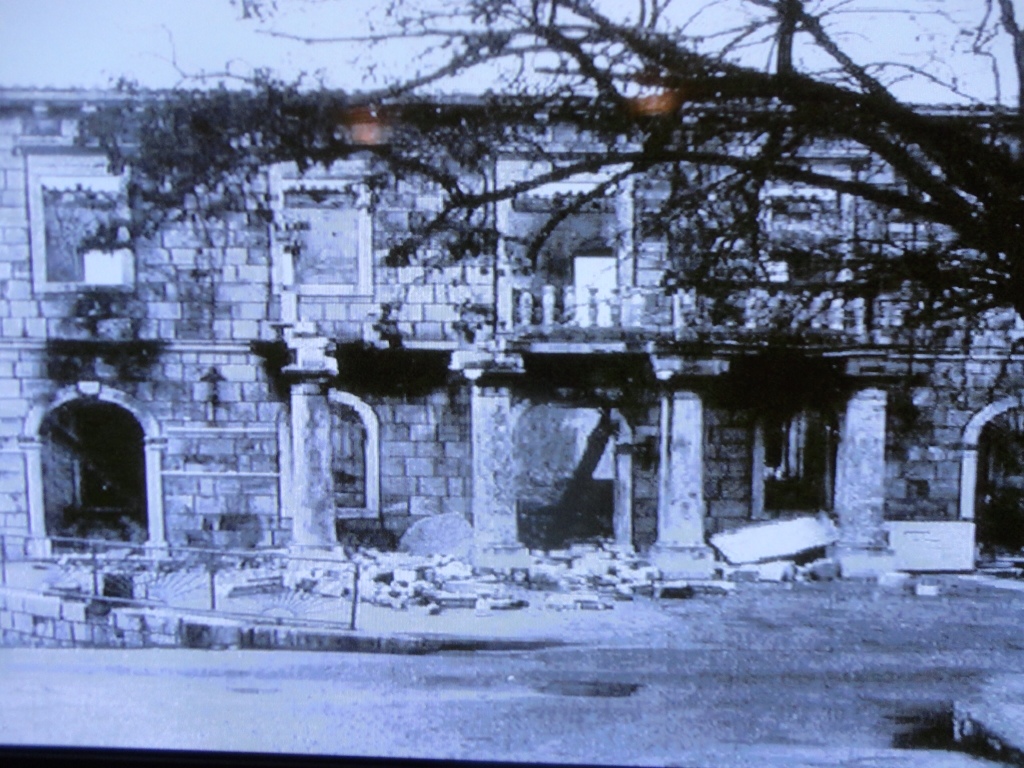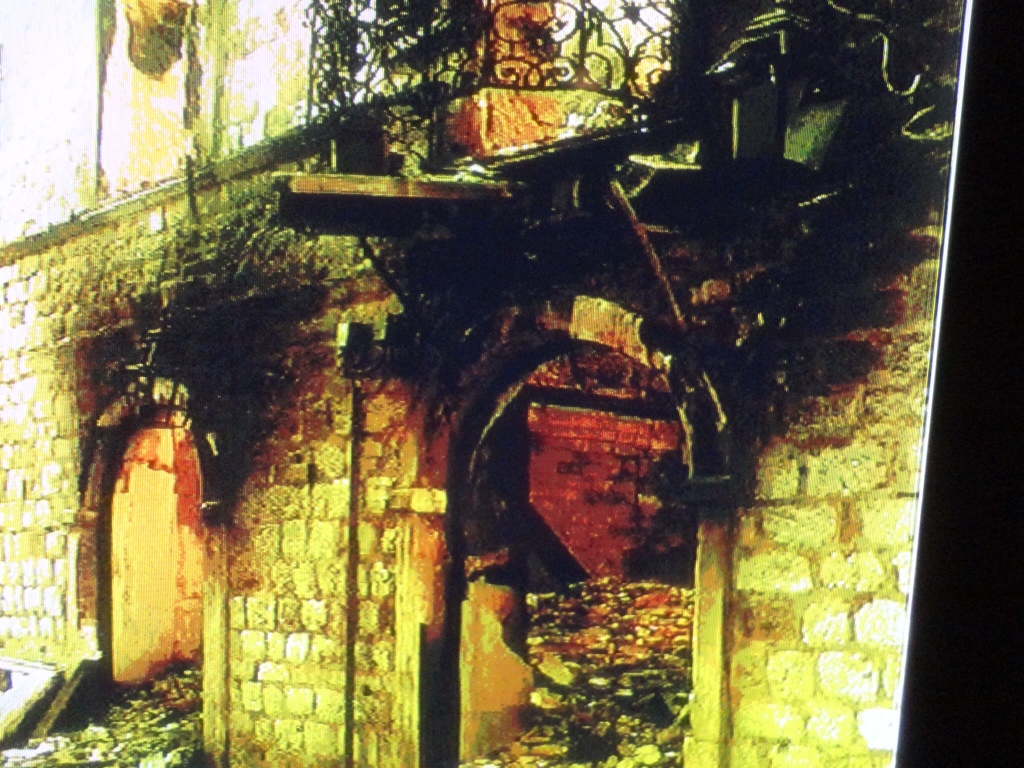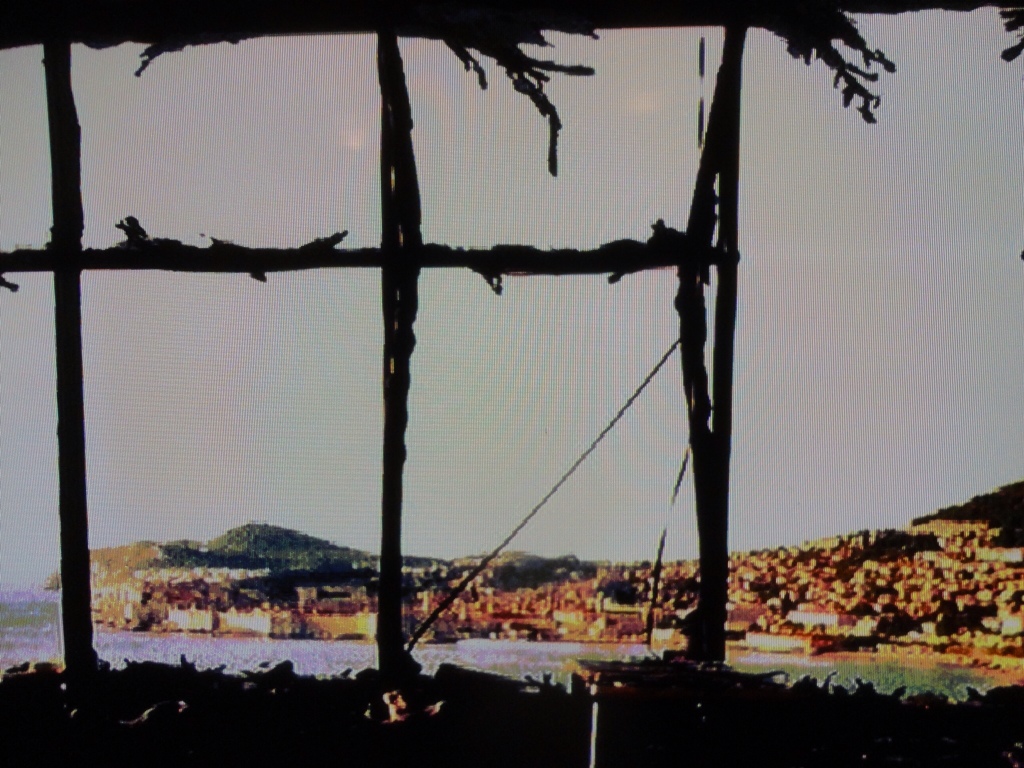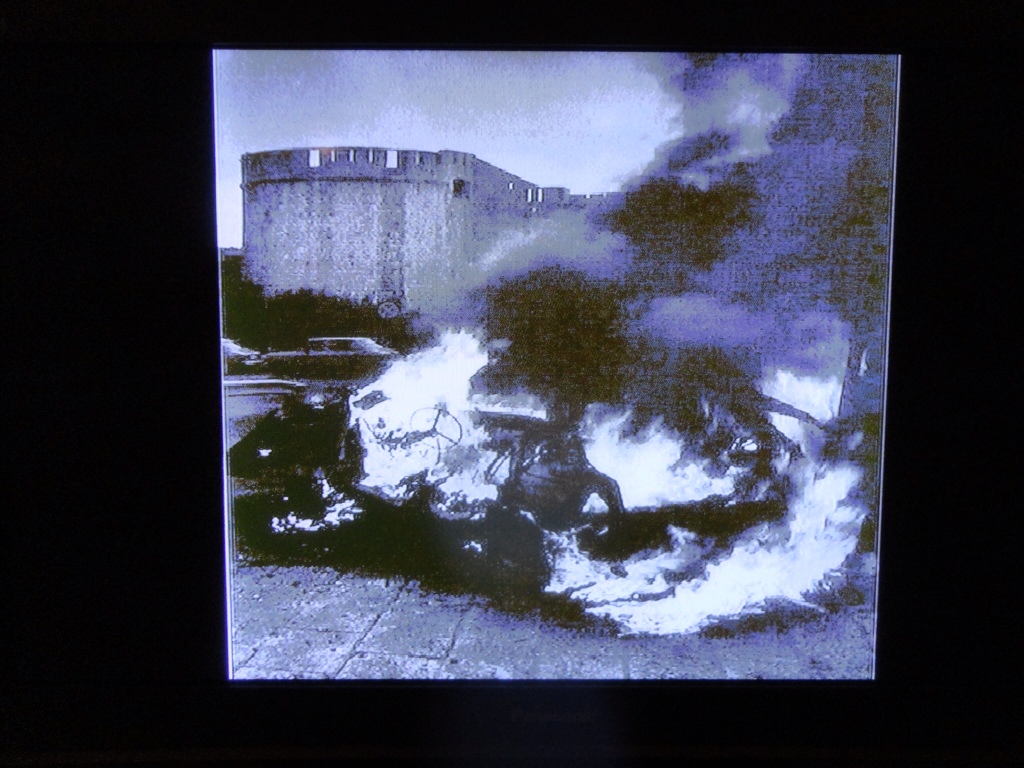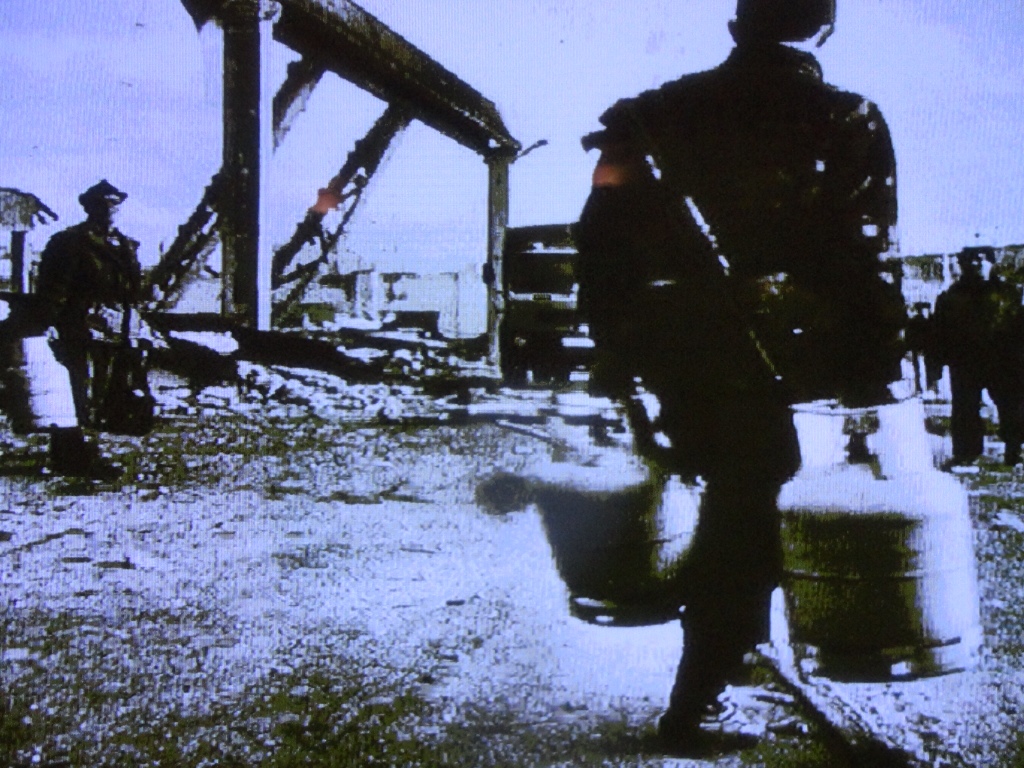This stunning fortress town perched on the clear blue Adriatic Sea is clearly a world heritage view. But what is most unique about Dubrovnik is its people's history of surviving. Yet surviving while striving for and achieving justice, peace and fairness. This once powerful city state dates back well over 1,500 years. And since that time the people have kept the city alive by striking a balance between power and finesse: using walls and diplomacy.
Sure the fortress walls and Dubrovnik's location with two protected harbors were a deterrent to attack. But during the years that Dubrovnik competed with the then greatest city state, Venice, there were no battles between the two.
No need, since they had signed the Zadar Peace Treaty in the 14th century. Thus, the two city states went on to develop large trading fleets. In the 14th century Dubrovnik had some 2,700 sailors plying the Mediterranean.
By the 16th century the navy had expanded to 5,200 sailors with 500 able captains. They sailed some 180 or so ships all under the flag of Saint Blaise, the city's patron saint. And Dubrovnik's prowess (pun intended) continued right through to the First World War, when it's now steamships took a pounding. The diplomatic success of the folks from Dubrovnik was not an historic fluke. It was the result of education and an inherited sense of fairness.
For example, while the city state was not a democracy in the Middle Ages, it had a patriarchal, aristocratic system that kept decision making in the hands of the so-called nobility. But they, in turn were guided by something so sorely lacking in many of today's alleged democracies: accountability. The basic principles behind the workings of the city state Dubrovnik can be found in two of the city's mottos:”Forget private affairs. Take care of public ones.””Liberty is not to be sold.”And while no place or people are perfect, the folks of Dubrovnik did some good deeds. They banned slave trading as early as 1416. And also in the 1400's they set up a public school, an orphanage and a hospice. There was a water supply system, courtesy of a Roman aqueduct. And they even had a pharmacy.Something of the genius in the way the folks from Dubrovnik have acted can be seen as a sometimes European trait.
That trait is integration and thinking internationally. I said that trait is “sometimes” European, since the Europeans have shown some recent and gigantic failures. The two Great Wars and the Bosnian War, for example. Even so, the European Union is starting to patch that up. Croatia, including Dubrovnik, is joining this year.Diplomacy in Dubrovnik has a long history. In the 1400's they had 20 consular offices smoothing the way for trading relations around Europe and the Middle East. Perhaps their greatest achievement in diplomacy involved the Ottoman empire and the Catholic Church. Rather than fight the powerful and expanding Ottomans in the 15th century, Dubrovnik negotiated a settlement whereby they paid a “tribute” to the Ottomans. Sure that sounds like a cop out of their motto “Liberty is not to be sold.” But perhaps it's more of a rewrite to say something like “Liberty can be purchased.” After all, Dubrovnik calls itself “The City of Freedom.”
But the deal with the Ottomans went further. Dubrovnik's diplomats got a pardon from the Catholic Chrurch's ban on any Catholics doing trade with the Ottomans. Thus, Dubrovnik became the only trading entity with unfettered trade in the Ottoman and Catholic realms. Don't forget that for several centuries there was a power struggle between the Islamic Ottomans and the Catholic forces, largely represented in the Balkans by the Austro-Hungarian empire.
And Dubrovnik both physically and figuratively was the gateway between the two. I suspect this arose due in part to the long-standing attitude that the people of Dubrovnik do not see themselves in isolation. For example, from the Middle Ages onward many of it's citizens sought education in other countries. And in turn they made significant contributions in science, mathematics and the arts. And their sailors worked with other fleets, including the then mighty Spanish Armada.
On two occasions, sadly, Dubrovnik has received a significant pounding. And yet the City of Freedom has made it through. The first was a gigantic earthquake in 1667, that pretty much wiped out the city. But the folks rebuilt. The second was arguably more grim. The Bosnian War lasted from 1991 until 1995. The people of the former Yugoslavia refer to it as the Homeland War. During the Homeland War Dubrovnik was routinely hit by artillery from the Serbian and Montenegrin armies.
Here is the tally of hits on the old town of Dubrovnik.
Most severely, Dubrovnik was under siege from October 1991 until June 1992. For the first and only time in it's long history, the city was cut off from the rest of the world. This time it was not diplomacy that saved Dubrovnik. Rather, the people and the city's fortifications withstood the attacks from the nearby armies.
These are some images taken at the time of the siege.
During the Homeland War more than 200 defenders (military and police) were killed; more than 100 civilians were killed; more than 300 people were held prisoner (some tortured); and more than 33,000 people became refugees. The City of Freedom knows how to fight.
Now, with peace more than 17 years old, the city enjoys a perhaps too popular reputation. Ironically, the city state that flourished by reaching out to the world now gets flooded each summer by waves of tourists. The world now comes to Dubrovnik, sometimes six cruise ships at a time.

